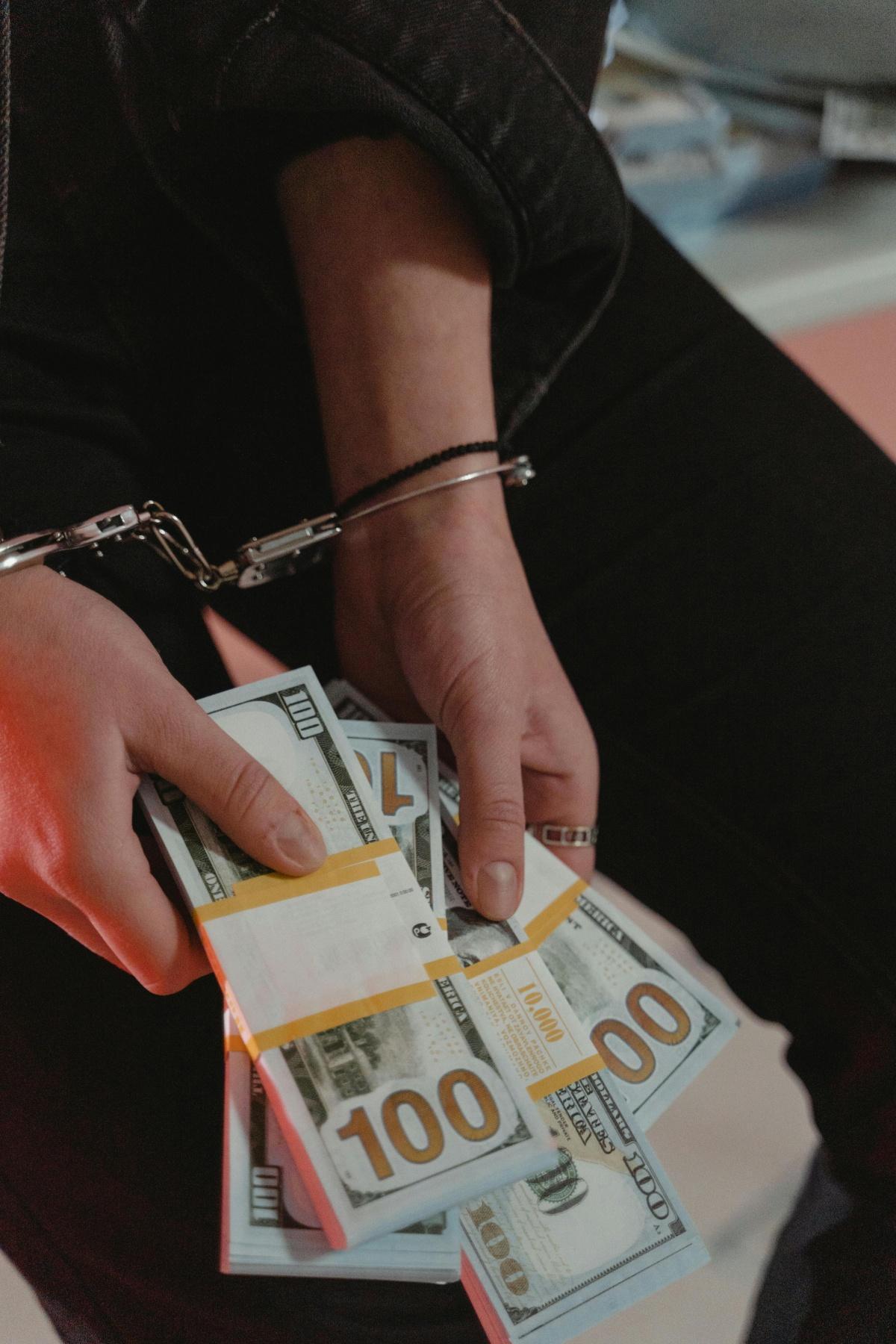New York— On June 5, 2025, U.S. District Judge Kenneth M. Karas in Manhattan sentenced Hirenkumar Patel to 21 months in prison—the final defendant in a group of six Indian‑origin men convicted of running an unlicensed “hawala” network that funneled over $15 million in illicit cash between the U.S. and India.
The case highlights the federal crackdown on informal money transfer systems used for criminal purposes.
Key Facts:
- The six men transmitted more than $15 million from February to September 2023 via an unlicensed hawala network, moving over $7.7 million in 42 cash deliveries by Patel alone.
- Sentences ranged from probation and time served to 27 months’ prison, with Hirenkumar Patel given 21 months on June 5, 2025.
- U.S. Attorney Jay Clayton called the hawala network “a linchpin of international criminal activity” and reaffirmed commitment to dismantling illicit financial systems.
The case began with a 2021 undercover probe targeting a dark‑web vendor offering cryptocurrency-to-cash conversion.
By February 2023, authorities traced a U.S.-based hawala network—helmed by six Indian‑origin men—collecting cash on the East Coast and arranged transfers to India.
The operation facilitated at least $15 million in unlawful proceeds before it was shut down.
Hirenkumar Patel’s sentence on June 5 followed his guilty plea in September 2024 to conspiracy and operating an unlicensed money‑transmitting business.
The group's activities placed the money-transmitting service outside U.S. regulatory oversight and risked enabling crime such as drug trafficking, hacking, and terrorism.
U.S. Attorney Jay Clayton emphasized: “The anonymous transmission of money is a linchpin of international criminal activity ... Unlicensed money transmission organizations … are tailor-made for supporting international criminal activity”.
FBI Assistant Director Christopher Raia added, “these six defendants engaged in an unregulated money transferring scheme … Illicit financial schemes like this one cause damage to our economic system”.
Beyond prosecuting the individuals involved, this case underscores the government’s wider efforts to clamp down on hawala—a centuries-old informal system rooted in South Asia used globally.
Authorities warn that while hawala has legitimate uses for remittances, it is also susceptible to misuse by organized crime—prompting increased scrutiny and coordination among agencies like the FBI, IRS, Postal Inspection Service, and U.S. Attorney’s Office .
With Hirenkumar Patel’s sentencing, U.S. authorities have completed convictions of all six defendants in this major hawala bust.
The case reinforces a broader crackdown on informal money networks that bypass financial regulations. Future enforcement may target similar hawaladars operating under the radar, aiming to protect both national security and the integrity of legal financial channels.
Do You Know?
“Hawala” is a centuries-old system originating in India that transfers money based on trust and informal ledgers—without moving actual cash across borders.
Key Terms
Hawala: An informal money-transfer system where money moves through brokers by trust, not banks.
Unlicensed Money Transmitter: A person or business sending money without registering or following federal regulations—illegal in the U.S.
Conspiracy: In legal terms, an agreement between two or more persons to commit a crime—in this case, operating an unauthorized money-transferring business.


